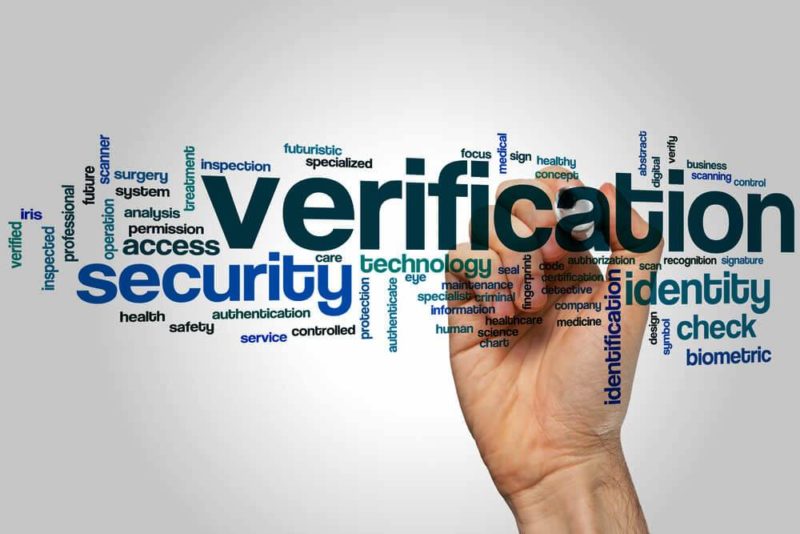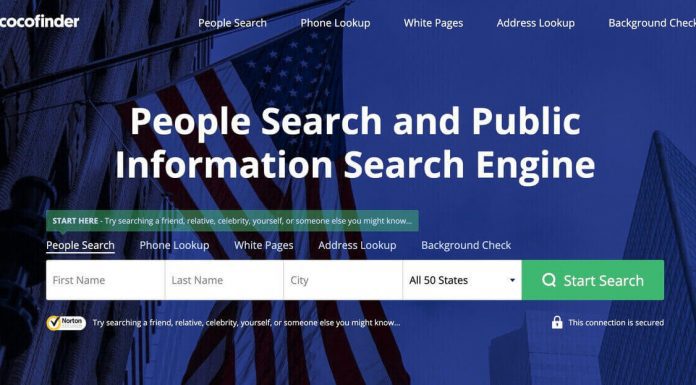Know Your Customer or Know Your Client (KYC) is a phrase that seems insignificant to many people. However, this phrase is very important in the business world. KYC verification is the process of knowing your customers for identity verification purposes—this can be before or during the time you start dealing with them.
KYC verification has become a standard in the financial and investment industry. It ensures that businesses get detailed information about the risk tolerance of their customers, financial position, and investment knowledge—because of this, the process protects both the company and client. Businesses are protected since they know what they can or can’t include in their clients’ portfolios. On the other hand, clients are protected since their investment advisors know the ideal investments for their situations.
With that said, let’s look at the businesses that need KYC verification
Investment Advisors
Investment advisors need solutions like the KYC verification solution by Passbase because they manage their clients’ portfolios. They gather information about their client bases, such as investment knowledge and financial positions to give them appropriate advice.
Before talking with a client, an investment advisor has to know their financial position and investment knowledge to determine the best course of action—this is where KYC verification comes into play. This way, they ensure that their clients are not taking risks they cannot sustain because it would be a risk for the business.
Banks & Other Financial Institutions
Banks and other financial institutions need KYC verification to prevent money laundering. Money laundering is a process in which criminals turn their illegal earnings into legal cash. This type of criminal activity occurs in the financial industry, and KYC verification ensures that businesses know who they’re dealing with.
Additionally, banks and financial institutions require KYC verification to know whether or not someone is entitled to certain products or services. The business is still protecting the client since they will not subscribe to something they can’t afford.
Wealth Management Firms
Wealth management firms need KYC verification because they manage their clients’ money. Without KYC verification, this would be highly dangerous for both sides since the firm wouldn’t know your financial position or investment knowledge. This would put you at risk of getting bad advice or bad investment opportunities that could ruin you financially if you didn’t do your research beforehand.
Cryptocurrency Exchanges
Cryptocurrency exchanges need KYC verification to prevent fraud and money laundering activities, just like banks and other financial institutions. Additionally, KYC verification allows exchanges to know who they’re dealing with and—in turn—gives them legitimacy. The lack of KYC verification would mean that cryptocurrencies are getting used for illegitimate purposes such as money laundering and fraud.
The cryptocurrency exchange industry requires KYC procedures and ensures anonymity and privacy protection simultaneously (keep in mind: users can remain anonymous if they choose to).
Email Service Providers
Email service providers need KYC verification because these businesses create email accounts, so they must know who they’re dealing with. Because of this, email service providers have certain policies regarding why they ask their clients for personal information—for instance, and Google has an open registration platform which means that you can create your email for free. However, Google may ask you to validate your account for you to use it—this is because they need to know who they’re dealing with and how legitimate this person’s use of the service is.
Because these business platforms work as a community, verification also ensures that everyone knows certain rules and regulations in place. Everyone plays by the same rules and knows what information their peers share. This way, it’s easier for users to manage their privacy on each website or app since they can adjust settings.
Medical Service Providers
Medical service providers need KYC verification to protect both the client and the patient. The firm needs to know who they’re dealing with. Still, it also ensures (in turn) that medical patients get adequate care—a doctor would be able to provide better treatment if they knew whether or not a patient had certain conditions such as allergies, medical history, etc., regarding past treatments given for doctors to prescribe the best possible course of action regarding medication since different people can have different reactions when taking certain types of medicine.
Insurance Companies
Insurance companies need KYC verification because these types of companies also deal with clients’ money. If they don’t know who they’re dealing with, that puts the company at risk of insolvency and bad investment opportunities, like a financial loss.
Additionally, insurance firms need to know their clients’ financial situation to provide them with adequate coverage. Suppose an individual does not have enough capital put towards something like life insurance or accident insurance. In that case, this person will be considered a high-risk customer and may even be denied service entirely if their finances do not indicate the level of responsibility needed for such protection. This is why KYC verification is important since it allows both sides to communicate more efficiently when providing services.
Internet Service Providers
Internet service providers need KYC verification because these companies are responsible for providing their clients with an internet connection—which is necessary in today’s technological world filled with online shopping platforms, online information databases, digital currencies, and different cyber security practices. These businesses also have terms and conditions that one must agree to before getting internet services. However, the problem lies within whether or not this person reads the contract themselves to know what they agree to since many people don’t bother reading them at all (or only read a few parts). This is why KYC verification is important since it ensures (in turn) that both parties read and understand the terms and conditions before signing up for internet services.














